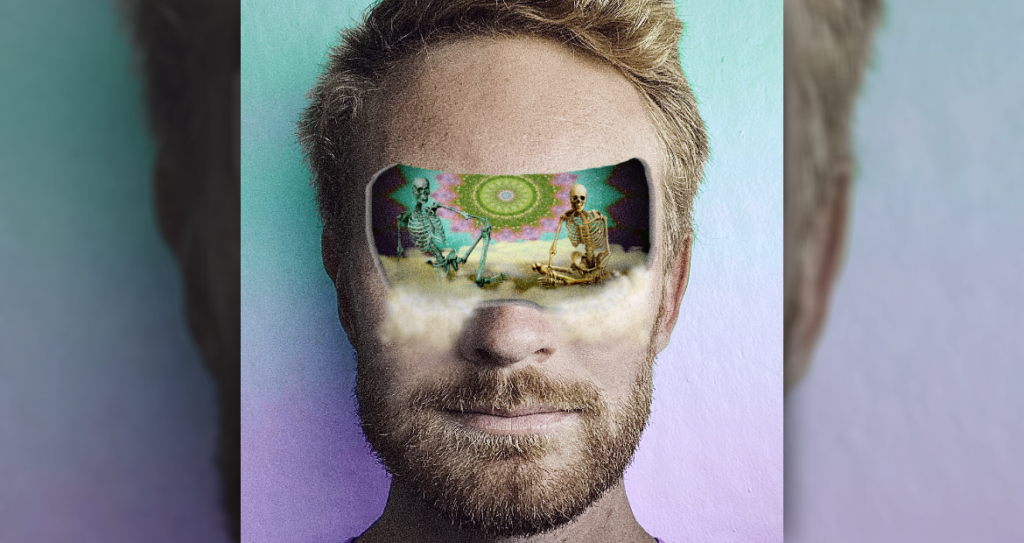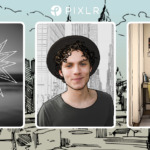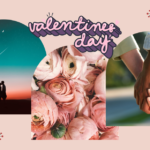Psychedelic Designs and Why We Love Them
Psychedelic design, also known as op-art or optical art, is a style of visual art that is characterized by its bold, bright, and often highly saturated colors, complex patterns, and the use of optical illusions.
This style was first popularized in the 1960s and 70s and has experienced a resurgence in recent years, especially in the fashion and graphic design industries. This blog post will explore the history of psychedelic design and why people love it so much.
The roots of psychedelic design can be traced back to the 1950s and 60s when a group of artists and designers began experimenting with new techniques to create optical illusions and perceptual disruptions. These artists, including Bridget Riley and Victor Vasarely, were influenced by the emerging field of psychology and the study of perception. They used bold colors and geometric shapes to create optical illusions that would stimulate the viewer’s visual cortex and create a sense of movement and depth.
The psychedelic design movement mainly took off in the 1960s and 70s, when artists and designers began incorporating the bold and bright colors of the emerging pop art movement into their work. The hippie counterculture movement also played a significant role in the popularity of psychedelic design, as it was seen as a symbol of the free-spirited and anti-establishment attitudes of the time.

One of the key elements of psychedelic design is its use of bright and highly-saturated colors. These colors are meant to evoke feelings of excitement, energy, and joy, and are often used in combination with complex patterns and optical illusions to create a sense of movement and depth. This creates a visually stimulating experience for the viewer, drawing them into the artwork and capturing their attention.
Another reason people love psychedelic design is its ability to transport them to a different place and time. The bold colors and intricate patterns evoke memories of the 1960s and 70s, a time of cultural and social upheaval and experimentation. When people see psychedelic design, they are often transported back to that era, which can be both nostalgic and exciting.
In recent years, psychedelic design has experienced a resurgence in popularity, especially in the fashion and graphic design industries. This is due to the trend towards bold and bright colors and patterns in these industries, as well as the rise of retro and vintage-inspired styles. Many designers are using psychedelic design elements in their work, often incorporating them into more modern and contemporary designs.

One of the reasons for the renewed popularity of psychedelic design is its versatility. It can be used in a variety of different contexts, from fashion to home décor, and can be adapted to suit different styles and aesthetics. Whether you prefer a more traditional and classic look or a bold and modern aesthetic, psychedelic design can be incorporated into your design scheme to add a touch of visual interest and excitement.
In conclusion, psychedelic design is a visually stunning and highly versatile style that has captured the hearts and minds of people for decades. Its use of bold and bright colors, complex patterns, and optical illusions creates a visually stimulating experience that evokes feelings of excitement, energy, and joy. Whether you are a fan of vintage and retro styles or prefer a more modern aesthetic, psychedelic design is a great way to add a touch of visual interest and excitement to your life and make your artworks standout.

If you’re looking to try out creating some psychedelic designs for yourself, consider trying out Pixlr! Pixlr is a free online photo editing tool that allows users to edit, enhance, and transform their images into stunning works of art. It also has a user-friendly interface and several AI-powered tools, in order to make the editing process a breeze, even for those with limited photo editing experience.


